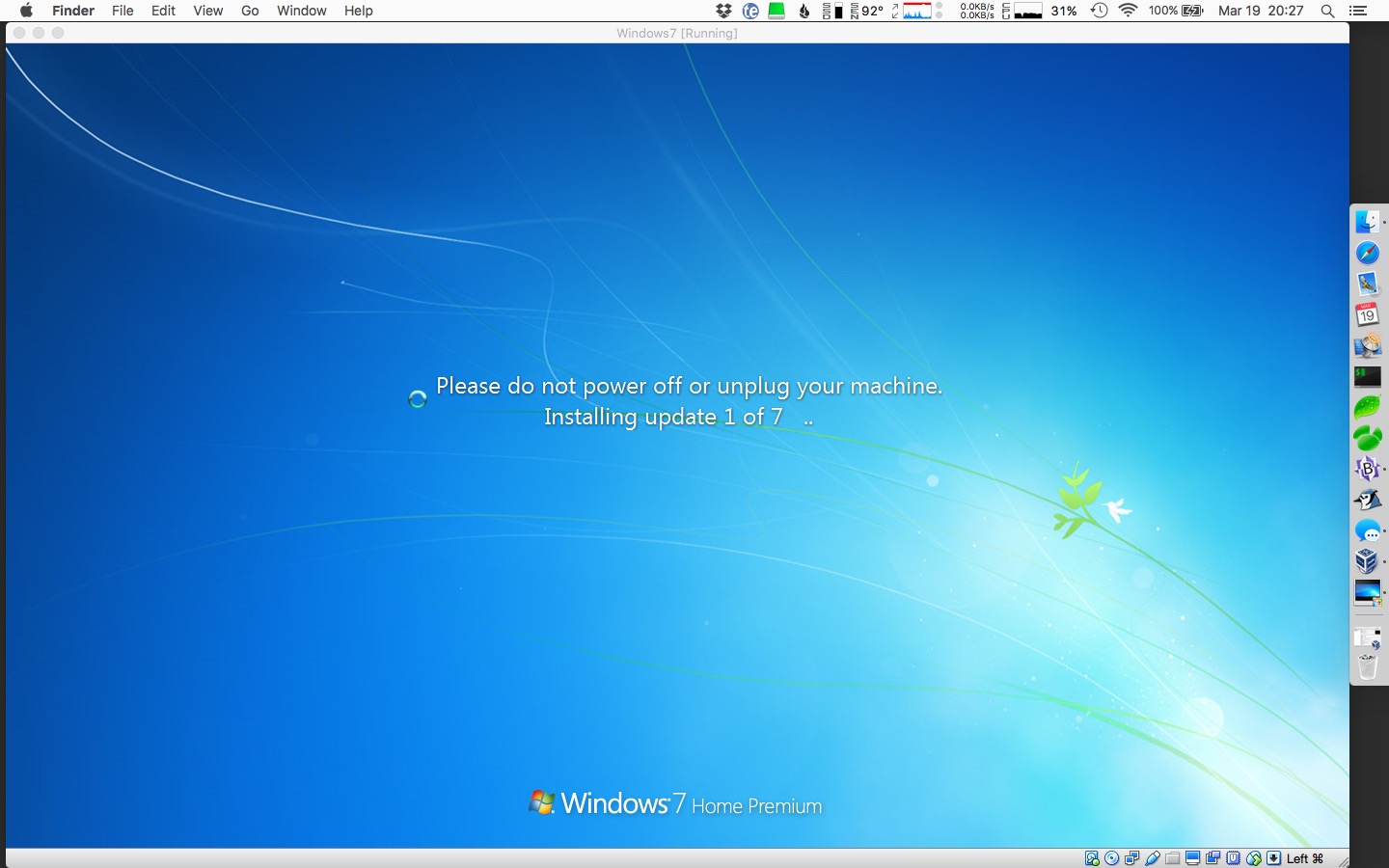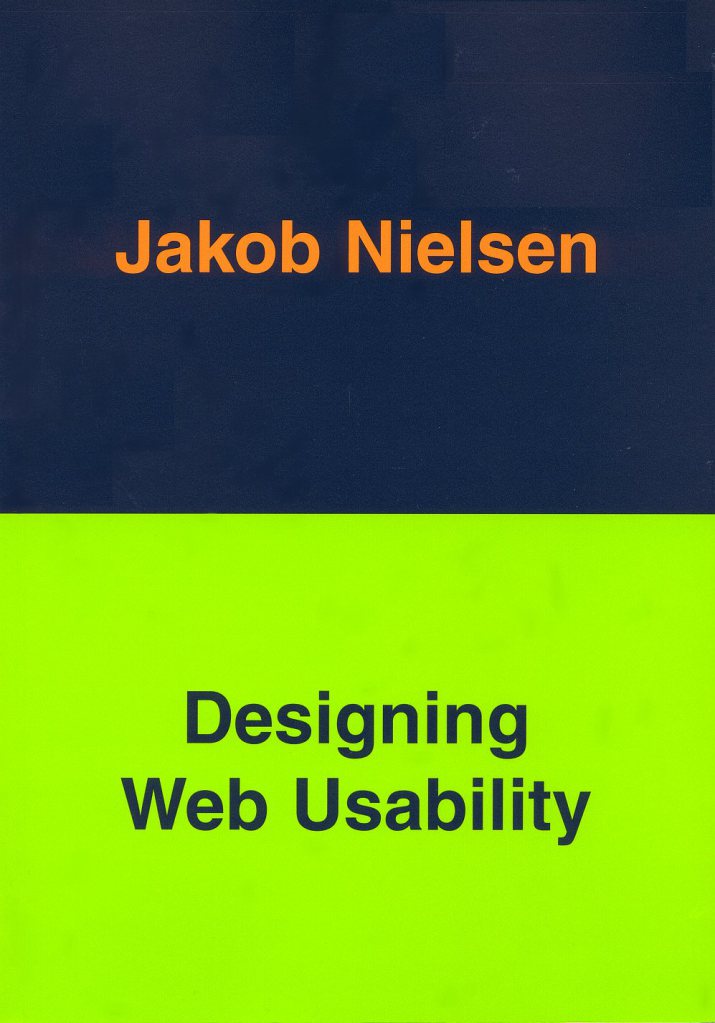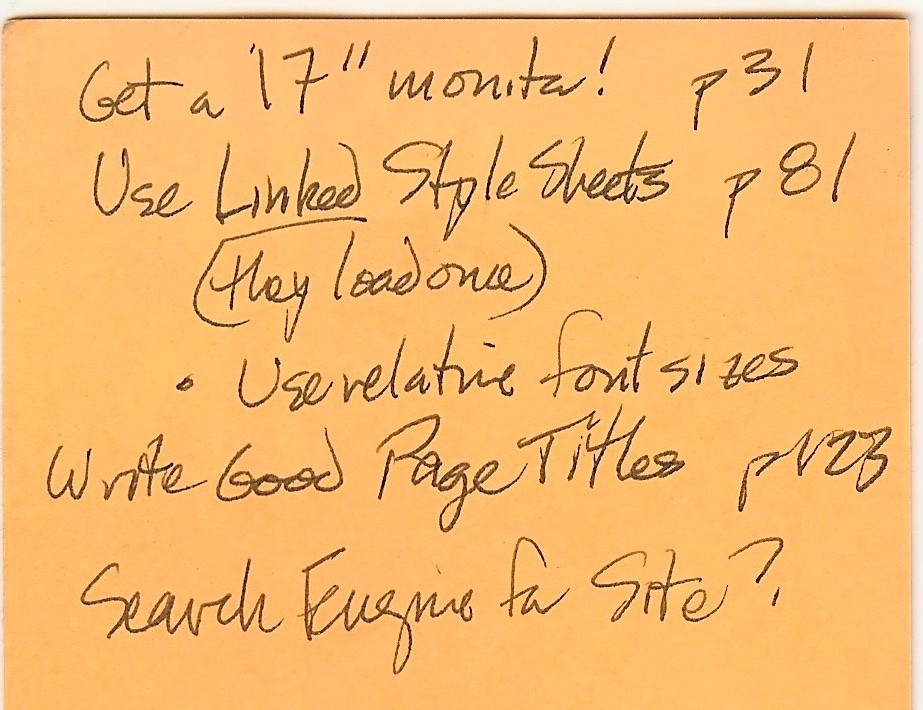Networking, and Staying Social
by Richard White
2016-03-01
I’m fortunate to work at a school where the faculty are very collegial. Even where there is occasional departmental or teacher-teacher friction, we tend, by and large, to get along. You might chalk it up to our “Welcome Back” and end-of-year dinner parties… or maybe it’s the post-faculty meeting margaritas that they serve us occasionally. Whatever the reason, I see a lot of personal and professional cross-pollination going on.
This kind of networking requires both time and an individual willingness to be open: to people, experiences, and possibilities. I often find myself locked up with lessons to create, labs and projects I want to design, and always, always, a pile of papers to grade. Finding the space for interactions with others necessarily means setting some of my work aside, at least for a little while.
This past August, for example, I should have been deep into prepping for the coming school year, but two of my English department colleagues had put together a weekend workshop on Transformative Teaching and Learning, to be offered at an open workspace in downtown Los Angeles. It was a great weekend with a diverse group of teachers, and if none of what we did was completely germane to my own subject area, I had the opportunity to reflect on other aspects of my teaching.
Oh, and did I mention the fact that I got to network with some of my colleagues in a stress-free environment? :)
One of my favorite things about networking—in addition to the inherent pleasure of socializing—is the fact that unexpected opportunities often arise as a result. A few months into the school year, one of the English teachers with whom I’d connected at the summer workshop approached me. “Hey, I’ve been asked by the school to write an article about language, and I wanted to talk to you about that.”
Insert confused looks here from the Physics/Computer Science teacher.
“Language?” he said. “As in computer languages?” You’re a Computer Science guy, and I want to talk about language from a very global perspective!”
Huh. I’d never thought of that.
Next thing you know, I’m minding his infant daughter at a nearby pub while he grabs a couple of beers for us, and before long we’ve launched into a conversation on the role of language in various contexts.
And a month or two later, I found myself mentioned in his feature article in the school’s semi-annual publication:
Lighting up about language: Authoring across the curriculum
by Nathan Stogdill, in the Oak Tree Times, Fall-Winter, 2015
… Richard White sees a similar form of authorship in his AP Computer Science classes, where students create their own programs through syntax and conventions of coding languages. Like seventh-graders writing haiku or ninth grade math students telling the story of their solutions, his students have an outcome in mind and must work within the constraints of a specific language or instruction set to achieve that outcome. But there is creativity within those constraints, and the outcome is not assumed. Sometimes when the program is run, it does the unexpected. These surprises are exciting moments for White and his students: Like authors discovering new meanings through the process of writing, they find that they have created new things that they never intended, and they are able to learn from them.
Nathan makes me sound a lot smarter than I am, but I never turn down free publicity…!
Teachers tend to get pretty busy, and it’s easy to find one’s self spending a lot of time alone, frantically trying to keep up with our obligations. We take our jobs seriously, and we have high expectations, of our students and ourselves.
I believe that taking a little time off, however, benefits us in important and unexpected ways. Take a moment today or tomorrow to put your grading down, get out of your classroom or office, and stop in for a chat with someone. Go visit someone’s classroom for a few minutes. Check in with one of your admins.
You never know what might happen as a result!



